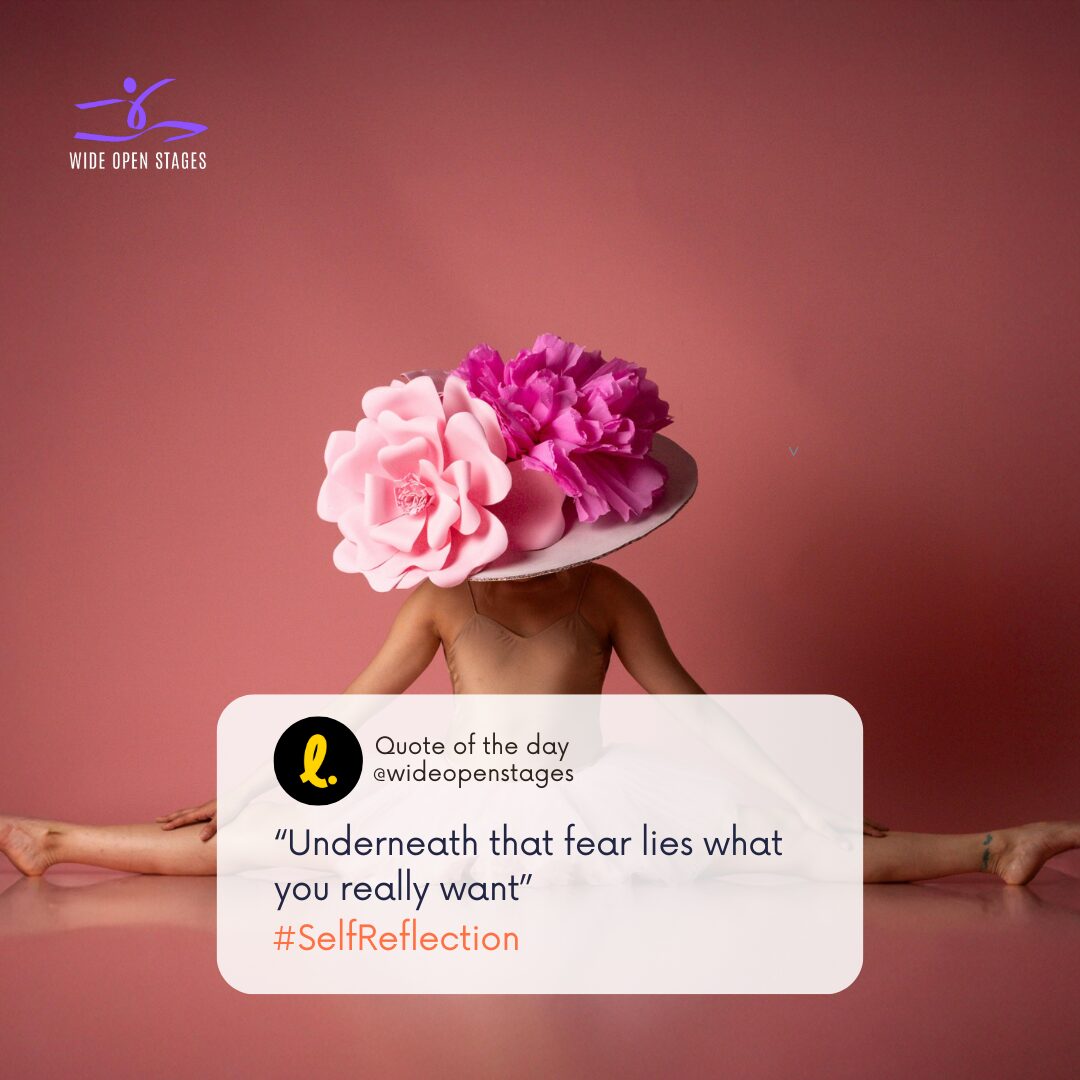Stop Blaming Yourself And Start Releasing What No Longer Fits

What are you tolerating? What are you putting up with right now that never used to bother you at all? Think about it. Are there people or habits or things in your life that are draining your energy right now more than filling you up? Are there people, habits, or things in your life that used to light you up, but just don’t in the same way they used to?
And instead of reading the signs—the exhaustion, the overwhelm—do you desperately try to adjust or accommodate? Or maybe you tolerate the discomfort because you’ve convinced yourself that it must be you.
Deep breath. I know this is hard, but we can do hard things. It is so much easier to blame ourselves than to confront the truth—or worse yet, hurt someone’s feelings and risk feeling vulnerable or ending up alone. And so we explain away the discomfort that we feel by trying to adapt, accommodate, and contort ourselves for others instead. It feels safer that way. Better to avoid than to feel judged, embarrassed, guilty, or ashamed.
So we tolerate. We carry the burden of external things we feel like we can’t control or change. We take away from ourselves to show up for others rather than face what we really know deep down inside. If only, if only we would listen.
If fear is a mask for desire, then toleration is a cover-up for fear—a kind of protective armor we create to keep ourselves safe from the things on the outside that might hurt us. Heavy and impermeable, our armor gives us the illusion that we can’t be hurt from the outside. But it does not address the underlying discomfort, the pain that stays locked inside of us, because we can’t or won’t allow ourselves to release it, to let it go, to let it out.
Although it may feel like the lesser of the evils, toleration is unsustainable. Toleration is also as close as you ever come to your edge, to true enlightenment, to freedom. But you’ll never be able to know what’s on the other side of toleration unless you are willing to risk vulnerability, uncertainty, guilt, and shame, and live into what you know deep down—to what you feel inside to be the truth, to what you know.
It’s an invitation for a real audit right now of what external stuff is blocking our energy. We do so much work internally that we sometimes mistake that to mean we are obligated to take on all the responsibility—to adjust course when things shift externally—instead of being okay with adjusting our own course if things aren’t working the way they used to or the way we want them to.
We berate ourselves when old habits don’t produce the same results. Think about it. How many times have you berated yourself because old habits do not produce the same results? When do favorite things change from anchor to ball and chain—holding you down rather than steadying you, becoming something you put up with rather than address?
What are you tolerating right now that cannot be transformed back to something that energizes you? How often have you tried adjusting course, but still it feels more like bailing out water in a sinking vessel just to keep things afloat? How much blame and guilt are you putting on yourself right now to continue doing what you’ve committed to do—holding on to what you think you need when the truth is you’ve outgrown it? When will you realize that it doesn’t fit anymore?

These are tough questions. It takes courage to think about them. But I know that you’ve got this. Behind your protective armor of toleration and underneath that fear lies what you really want. I promise you. It isn’t nearly as scary or far away as it seems.
What are you tolerating that you’d rather let go of?
This was a tough one, I know. Play it back a few times. Write down these prompts, ask yourself these questions, and I promise, if nothing else, the awareness will shed some light on where you can find some more energy in your life.
Back to Home
Editor's Note: At StageLync, an international platform for the performing arts, we celebrate the diversity of our writers' backgrounds. We recognize and support their choice to use either American or British English in their articles, respecting their individual preferences and origins. This policy allows us to embrace a wide range of linguistic expressions, enriching our content and reflecting the global nature of our community.
🎧 Join us on the StageLync Podcast for inspiring stories from the world of performing arts! Tune in to hear from the creative minds who bring magic to life, both onstage and behind the scenes. 🎙️ 👉 Listen now!
